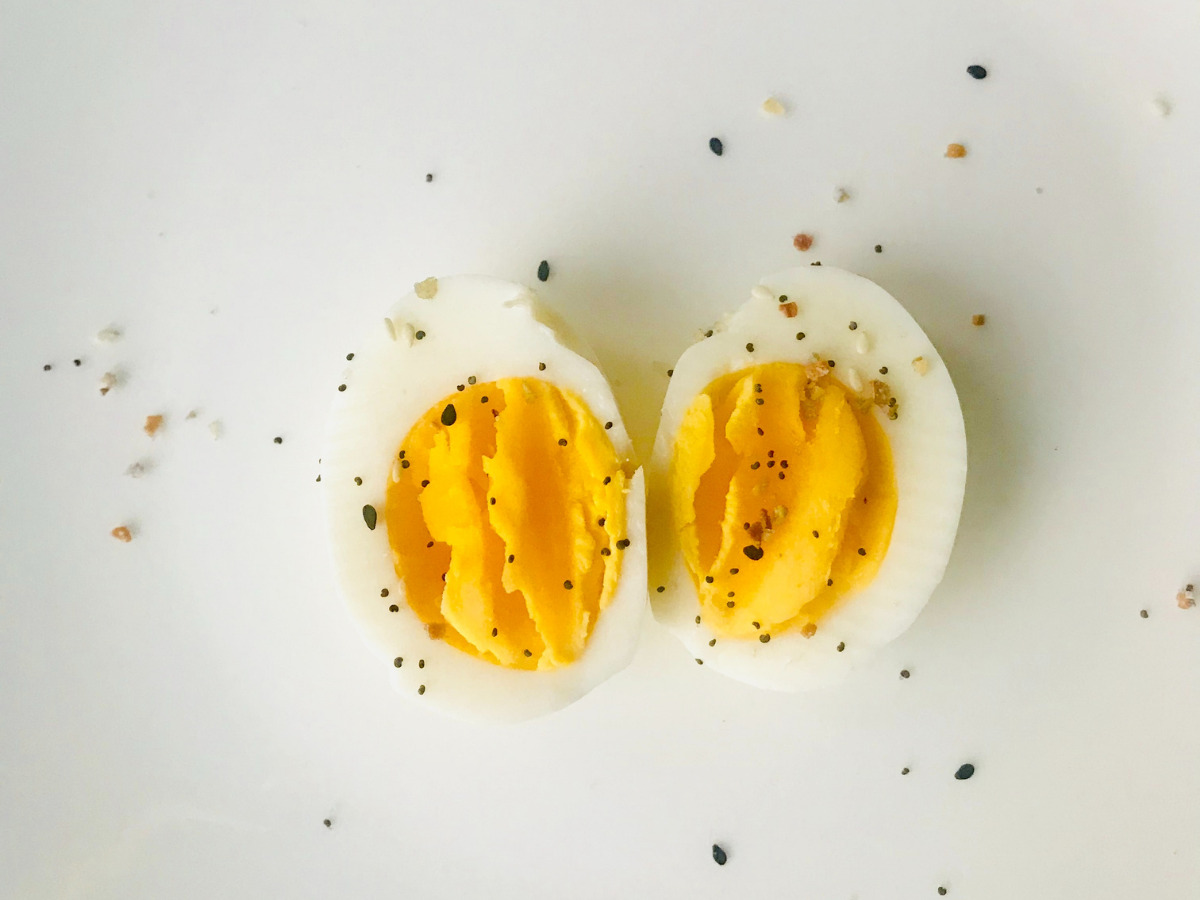Top 4 Healthy Eating Tips After A Cancer Diagnosis
On meeting a new patient living with cancer diet is inevitably a topic we will discuss. The research highlights the importance of diet however the volume of research can make it almost impossible for patients to make a choice as to what to eat. Questions like to keto or not to keto, juice or extended fasts, raw or plant based, dairy or not, fills many consults.
Here are my top 4 starter tips to ensure you make the best dietary choices for you.
1. Get your HbA1c tested.
Haemoglobin A1c (HbA1c) is a simple pathology test that measures the amount glucose attached to your haemoglobin. Haemoglobin is the part of your red blood cells that is responsible for carrying oxygen from your lungs to the rest of your body, typically these red blood cells live for 3 moths. When you test your HbA1c it illustrates what the average amount of glucose attached to the haemoglobin has been over the past three months. Hence you have a 3-month blood sugar average, far more useful than a one-off fasting glucose. Knowing your HbA1c helps me choose what eating style or plan best suits you. Low carb, high protein, low or no sugar, low fat, high fat, keto or the Mediterranean diet? These decisions all become easier when you know your HbA1c. You can test your HbA1c easily with this great service: https://www.i-screen.com.au/tests/diabetes-test
2. Protein
In an attempt to follow an eating style like plant based, many oncology patients inadvertently severely diminish their protein intake. Protein is essential as a macronutrients especially after a cancer diagnosis. A palm sized serve of plant based or animal protein should be consumed 2-3 times daily. Proteins to add to ensure you reach your protein requirement could include a combination of beans and legumes, nuts and seeds, eggs, fish, lean high quality red and white meats and vegan protein powders. Please avoid processed protein sources like deli meats, pre-packaged bacons and hams and overcooking your protein causing blackening as in BBQing.

3. Intermittent fast pre-treatment for radiotherapy and chemotherapy has huge benefits in reducing side effect and may even act as an adjuvant to improve the outcomes of your prescribed treatment.
With some help you can schedule your eating around chemotherapy to capture these simple advantages and feel better for the minimal effort. Research on intermittent diets or fasting mimicking diets (FMD) is growing with studies like this showing us how important what and when you eat is to the outcomes of a cancer journey. A 2022 study ‘Fasting-Mimicking Diet Is Safe and Reshapes Metabolism and Antitumor Immunity in Patients with Cancer’ was published in Cancer Discovery and states “Cyclic FMD is well tolerated and causes remarkable systemic metabolic changes in patients with different tumour types and treated with concomitant antitumor therapies. In addition, the FMD reshapes systemic and intratumor immunity, finally activating several antitumor immune programs.” Such great results for such a simple intervention!
4. Fresh is best.
Organic, farm fresh, local fruits and veggies are packed with nutrients. That saying ‘you are what you eat’ is still so important after a cancer diagnosis. Increase the colour and variety of vegetables and fruits you consume each week. It’s as simple as buying 2 or 3 types of Apples rather than all the same type. Or adding herbs like coriander, parsley or mint to food. My favourites like yellow squash, beetroot, heirloom tomatoes, baby spinach and rocket mix, passionfruit, blackberries and radish all deserve a place in your shopping basket. What can you add this week to increase your nutrient levels?

Want to learn more about how personalised dietary choice may assist in your cancer journey book a free Oncology Support Discovery here.
Original Study available here: https://aacrjournals.org/cancerdiscovery/article/12/1/90/675618/Fasting-Mimicking-Diet-Is-Safe-and-Reshapes
This article is intended to be informational only and represents the opinion of the author. It is not intended to be used as medical advice and does not take the place of advice from a qualified health care practitioner in a clinical setting. Please check with your healthcare practitioner before embarking upon any of the treatments discussed.

